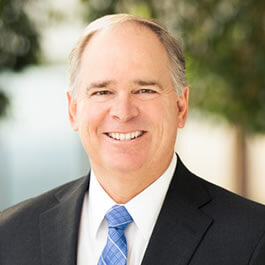The Electric Highway Coalition (EHC) has doubled the number of companies committed to enabling long-distance electric vehicle (EV) travel through a network of DC fast charging stations connecting major highway systems.
Membership in the EHC has now grown to include AVANGRID, Consolidated Edison, DTE Energy, Eversource Energy, Exelon, FirstEnergy Corp., ITC Holdings Corp. and National Grid. Formed in March 2021, EHC began its membership with American Electric Power (AEP), Dominion Energy, Duke Energy, Entergy Corporation, Southern Co. and the Tennessee Valley Authority.
Together, the 14 members – representing 29 states and the District of Columbia and serving more than 60 million customers – are committed to growing corridor EV charging solutions within their service territories and working with other members to ensure the charging resources enabled EV drivers convenient charging options and seamless travel routes.
EHC members will work together to ensure efficient and effective fast charging deployment plans that enable long-distance EV travel, avoid duplication among coalition utilities and complement existing corridor fast charging sites. Ideally, EHC members are pursuing sites that are easily accessible for drivers located less than 100 miles apart. The EHC is also committed to providing a positive charging experience for drivers, including having at least two charging stations with universal vehicle compatibility, and additional features where feasible, such as real-time status reporting for drivers and convenient payment collection. DC Fast charging stations are typically capable of getting drivers back on the road in 20-30 minutes. However, the member companies are working closely with stakeholders in their service territories to determine the best approaches to support effective EV charging buildout. Additionally, each member company will determine its own specific pricing models and select their own charging equipment providers.
“AEP helped bring the initial members of the Electric Highway Coalition together. In just a few months we have been able to more than double the number of companies who want to be part of this unprecedented effort,” says Nicholas K. Akins, AEP’s chairman, president and CEO. “Every major car maker has announced production of EVs for every lifestyle – from pickup trucks to performance cars—and our industry is prepared to ensure that drivers can travel wherever the road takes them. Through the EHC, we can make sure that our nation’s charging infrastructure is built to enable travel and make the most efficient use of the energy grid.”
AEP has committed to replacing its 2,300 cars and light-duty trucks with EV models by 2030. Additional medium- and heavy-duty vehicles will transition to hybrid or electric alternatives as models become available. The charging network will enable AEP employees to use EVs to travel throughout the company’s 11-state service territory. AEP also is working with select customers across its service territory to help them understand the benefits of electrifying their own vehicle fleets or business processes.
Across its service territory, AEP is working with regulators to create programs that benefit all customers and support EV adoption, such as off-peak charging programs, incentives for charging station installations, energy efficiency rebates and consultative services to encourage electrification.





